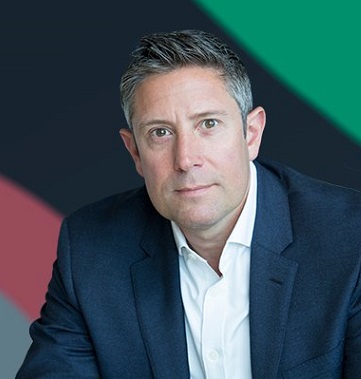“The next billion” is a phrase often heard in the internet industry. It refers to the next group of people who will gain internet access and begin to take advantage of the opportunities offered by the online world.
Globally, the International Telecommunication Union (ITU) estimates that 47% of people are using the internet in 2016. There is a stark difference between the developed world, where 81% of people are using the internet, and the developing world, where the figure falls to 40.1%.
The wide variation between countries in terms of internet presence is demonstrated in Nominet’s ‘Map of the Online World’. According to this map, which resizes countries based on to the number of country-code domain names registered, the entire continent of Africa could fit into the UK several times.
ITU data tells us that only 25.1% of people in Africa use the internet. In the countries categorised by the United Nations as ‘least developed’, the proportion of people using the internet is only 15.2%. Thirty-four of the 48 Least Developed Countries are in Africa.
Whichever way you look at it, most of Africa — unfortunately — is on the wrong side of the digital divide.
This is not due to a lack of interest among those living there. As the incredible growth in mobile phone ownership demonstrates, if a technology is useful, affordable and accessible, it will be adopted at pace. By way of example: between 2002 and 2014 the proportion of people with a mobile phone went from 8% to 83% in Ghana, 9% to 82% in Kenya, and 10% to 73% in Tanzania.
According to a 2014 McKinsey & Company report, barriers to internet adoption span four key categories: incentives, low incomes and affordability, user capability, and infrastructure.
The infrastructure required for traditional broadband — digging trenches and laying cables — often isn’t viable. The costs of delivering connectivity can greatly outweigh the profits that can be made in many environments.
But new technology does offer hope.
One of the most promising is the use of TV white space to power low-cost, reliable wireless broadband. ‘TV white space’ refers to unused gaps in the radio spectrum, within the range traditionally used to broadcast television. As recently reported by the BBC, Nominet is using this technology to deliver broadband to remote parts of Scotland, in the first commercial rollout of its kind in Europe.
Another organisation backing TV white space in a big way is Microsoft, and we’re very pleased to be partnering with them to bring broadband to communities across Africa.
As part of its Affordable Access Initiative, Microsoft is using TV white space to provide internet access in some of the most remote parts of the world. One of many examples is this solar-powered internet cafe housed in a bright yellow shipping container in rural Kenya.
Nominet’s chief contribution will be our expertise in Dynamic Spectrum Management. Because the available set of TV white space frequencies varies, we’ve developed a database to perform complex calculations that tell devices what frequencies they can use in a given area, at what power, and for how long. This dynamic allocation of available space is far more efficient than any existing static technique. And ultimately, the more efficiently the radio spectrum is shared, the more devices — and users — can get connected.
Access to the internet is a key enabler of economic growth and social change. In the UK, Nominet has managed a critical part of national internet infrastructure — the .uk domain — for 20 years. We’ve seen firsthand the positive impacts of the internet across diverse parts of our society, from students to small business owners to new mothers.
We think it’s important to share these opportunities at a global level by bringing connectivity to communities in the developing world. We’re not alone in this. It’s something that’s being worked toward by the United Nations, by some leading international companies, and most importantly, by many people in these communities themselves.
According to Benson Maina, the man who runs the Kenyan internet cafe mentioned above, “Bringing the internet connection to the community… People never knew the possibilities, but now they have the whole world in their hands.”
At Nominet, we’re delighted to play our part in welcoming the next billion online.
